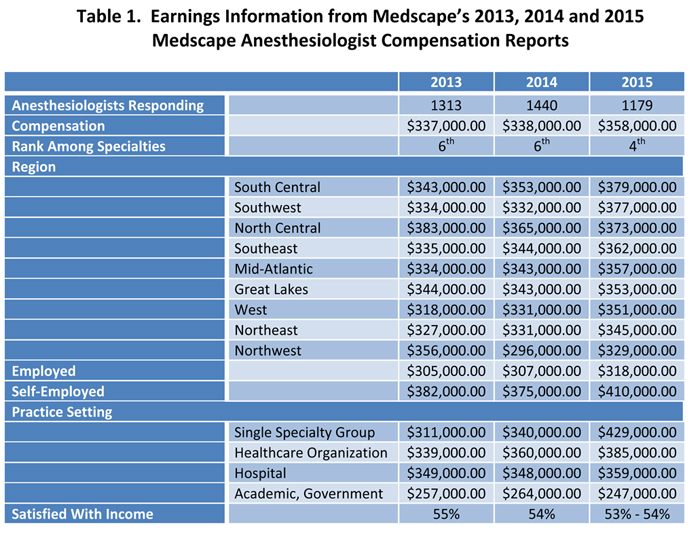- Joined
- Apr 22, 2007
- Messages
- 22,307
- Reaction score
- 8,945
Moderators,
If possible let this thread run for a while on the main forum provided people STICK to the topic on this thread. We have dozens of open threads on the midlevel forum for debating this topic. This thread is for speculation about CRNA and/or MD Anesthesiology income in the year 2015.
Please avoid debate so we can get opinions as to what providers are thinking about the future.
If possible let this thread run for a while on the main forum provided people STICK to the topic on this thread. We have dozens of open threads on the midlevel forum for debating this topic. This thread is for speculation about CRNA and/or MD Anesthesiology income in the year 2015.
Please avoid debate so we can get opinions as to what providers are thinking about the future.

 I don't think we ever have to worry about PRD sleeping on the CRNA issue. You make a good point, though.
I don't think we ever have to worry about PRD sleeping on the CRNA issue. You make a good point, though.